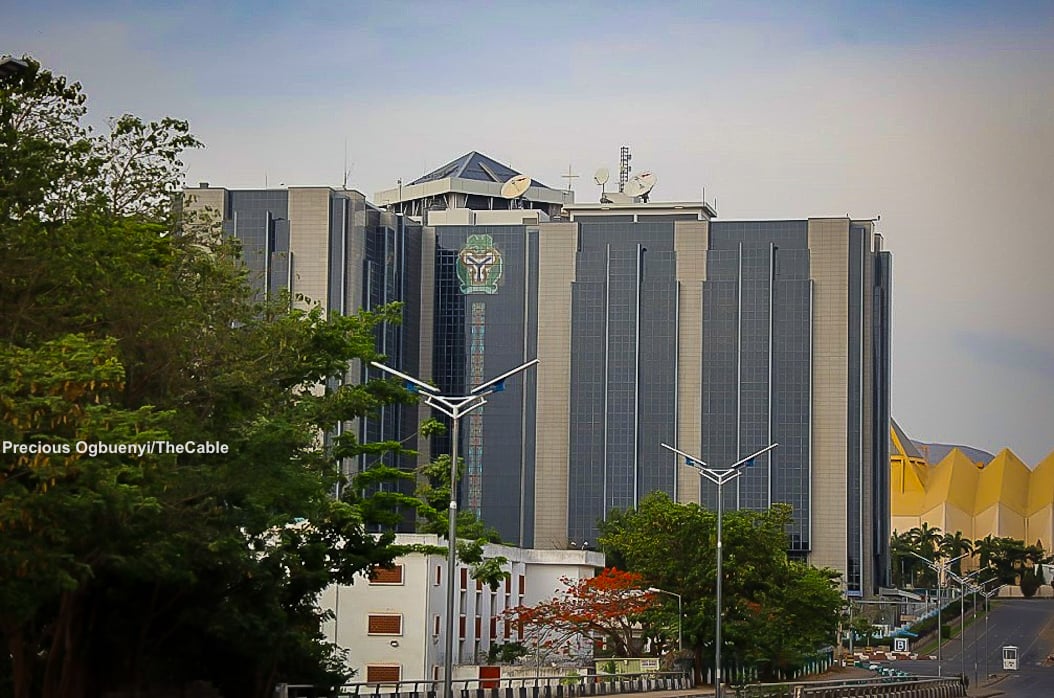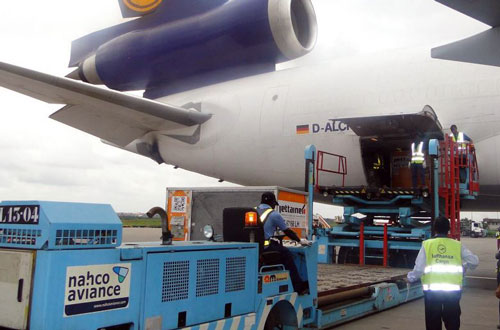Wale Edun, the minister of finance and coordinating minister of the economy, says the special agro-industrial processing zones (SAPZ) will drive Nigeria’s agro-industrial development.
Edun spoke on Monday at the SAPZ-1 high-level implementation acceleration dialogue and state steering and technical committee workshop in Abuja.
The workshop was organised by the federal ministry of agriculture and food security in collaboration with development financing institutions (DFIs) such as the African Development Bank (AfDB), the International Fund for Agricultural Development (IFAD) and the Islamic Development Bank (IsDB).
On October 27, 2023, the federal government had said it secured a $1 billion investment for special agro-industrial processing zones in 24 states of Nigeria.
Advertisement
Speaking at the workshop, the minister said food is a major driver of inflation and when made affordable could drop inflation and stabilise the exchange rate.
“Food is 50% of the Consumer Price Index. In fact, we would say food is the core index, but it has sort of become the non-core because it has become variable and unpredictable,” Edun said.
“We have inflation of over 30% as we speak now and it is coming down.
Advertisement
“You can imagine what a real, successful food production outcome would do to bring down inflation, and that will bring down interest rates, that would strengthen the exchange rate, and it would enable a basis for you, the private sector amongst us here, to invest even more, because it will become affordable to borrow.”
Edun said the programme would achieve its potential by driving Nigeria’s agro-industrial development and modernising the economy.
He added that the it is part of President Bola Tinubu’s macroeconomic stabilisation efforts, which have “already shown success in reducing inflation and growing reserves”.
“So it is on the basis of successful production that we can now look at exports and the support to the trade balance and the foreign exchange reserves,” he said.
Advertisement
“But in the initial phase that we are in now, it is all about providing food at affordable prices to Nigerians, but that’s the very short term, and we’re approaching it in a very determined manner.
“Likewise, let me pivot to the fact that with inflation coming down, with growth returning to the economy, with the reserves growing, with the exchange stabilising, success is coming under Mr. President’s macroeconomic, macro-physical stabilisation.
“The pivot is to grow the economy and that’s where this SAPZ cannot, must not and definitely, will not in any way disappoint, and they will achieve their potential, because that’s the basis of Nigeria’s agro-industrial effort at modernizing the economy and growing it.”
Edun emphasised the need for the programme to deliver on its promise of providing affordable food to Nigerians, supporting exports, trade balance, and foreign exchange reserves.
Advertisement
He stressed that achieving these goals would have a profound impact on the economy and improve the lives of the citizens.
‘SAPZ WILL INCREASE FOOD PRODUCTION, CREATE JOBS’
Advertisement
On his part, Abubakar Kyari, minister of agriculture and food security, said the SAPZ is expected to revolutionise the agricultural sector as it was designed to increase food production, create jobs, and stimulate economic growth.
According to Kyari, the programme, based on the design, build and operate (DBO) model, is projected to yield significant benefits, including the creation of 500,000 direct and indirect jobs and 2.5 million temporary jobs along infrastructure development and related services.
Advertisement
He said the SAPZ initiative also aims to improve food security by adding metric tons of food to the nation’s food basket, noting that staple crop yields are expected to increase by 50 percent to 100 percent, and post-harvest losses will also drop from 45 percent to 20 percent.
“As a country, we are at a pivotal moment and the decisions we take today and tomorrow will determine the success of this initiative,” Kyari added.
Advertisement
Abdul Kamara, director general of the Nigeria country department at AfDB called for strengthened efforts to accelerate the implementation of the SAPZ in Nigeria.
Kamara said the SAPZ has the transformative potential to boost Nigeria’s rural economy and advance industrialisation.
He also encouraged stronger partnerships with the private sector to ensure the successful implementation of the programme, which he said aims to unlock the nation’s competitive advantage in agriculture and contribute to national and regional economic growth.
Add a comment









